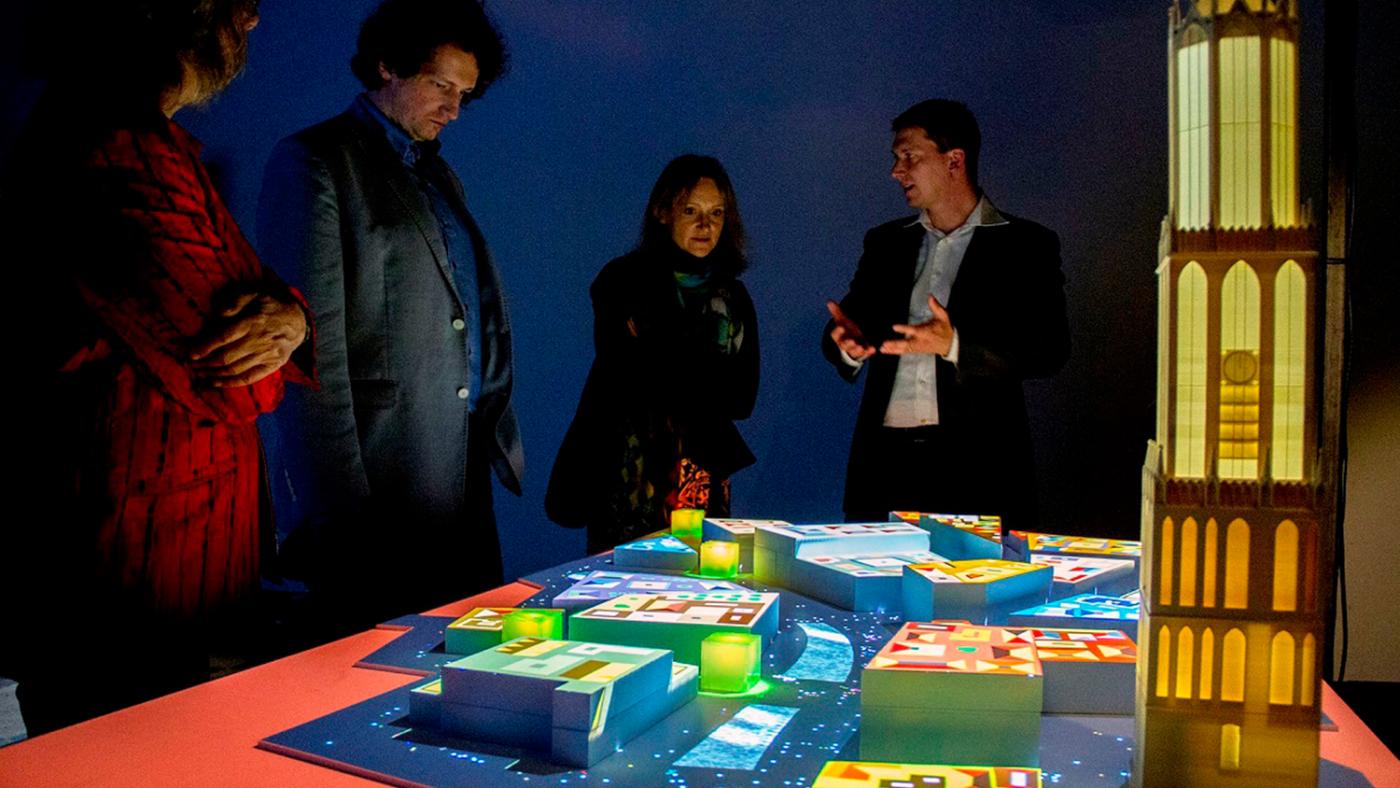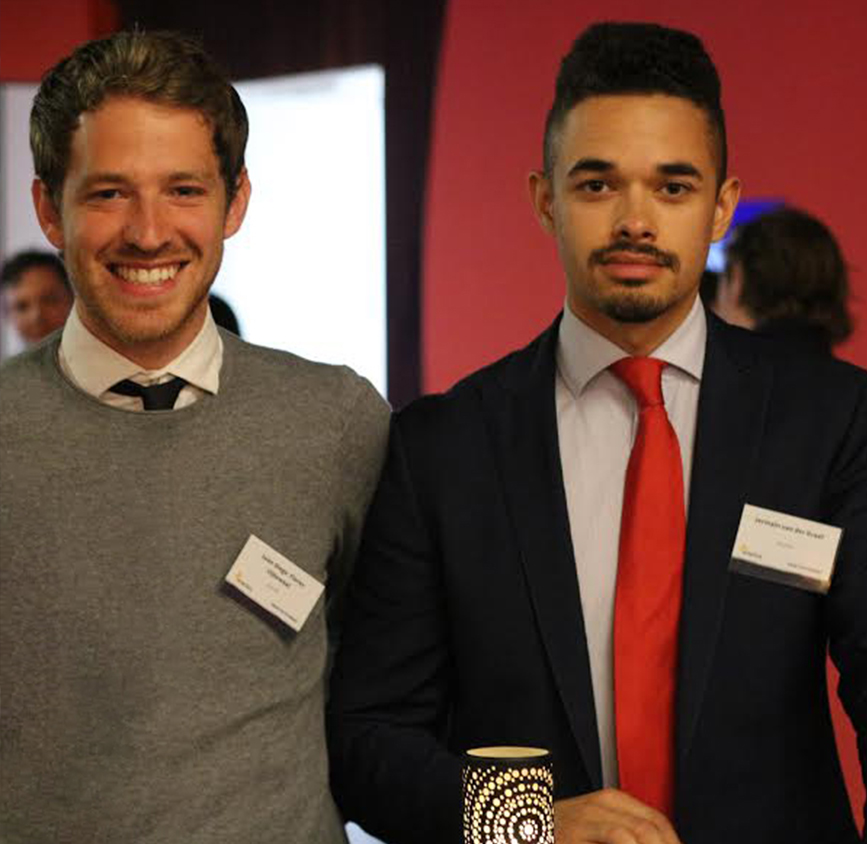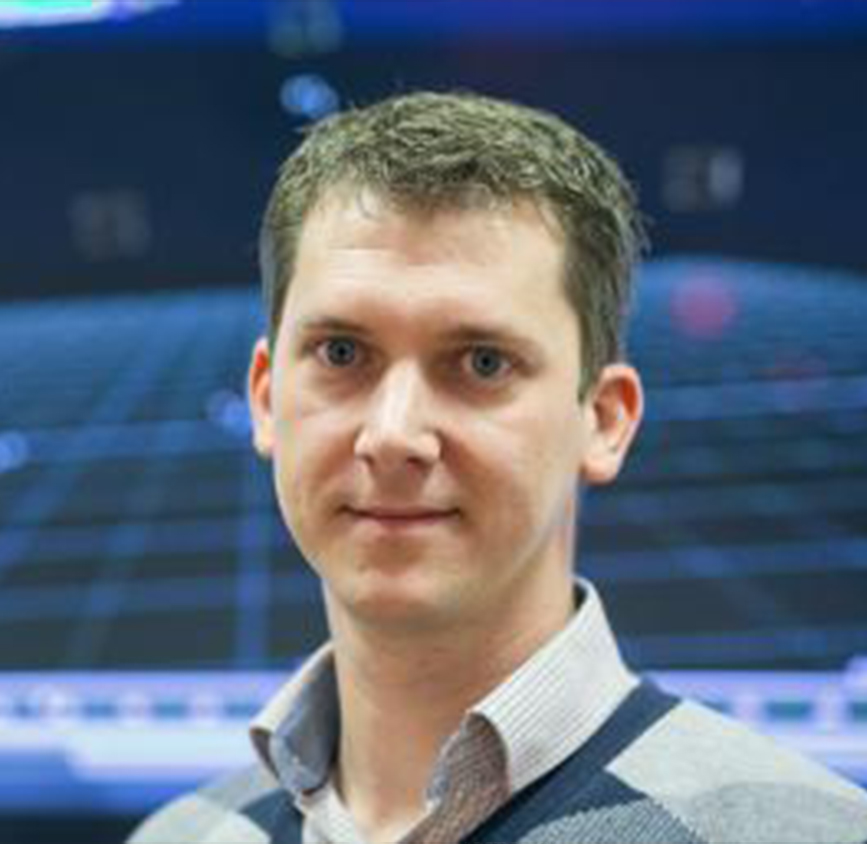How the UU can help students and employees become entrepreneurs

More UU students should come into contact with entrepreneur skills and education on entrepreneurship. Last spring, the Executive Board decided to take action in the strategic plan for the years up to 2020: in each faculty, someone is responsible for education on entrepreneurship, each faculty will have a tailor-made offer of courses, and an entrepreneurship fund will be developed.
Early results of the measures are already visible: within incubator UtrechtInc, a group of students have launched UtrechtInc Students, aiming to bring entrepreneurship to students’ attention by organizing events and workshops.
Pharmacy student Milad Tannazi (25) is one of the students behind the initiative. He understands the name can be confusing, because StudentsInc already exists. “But they’re also a place where you can rent office space,” Milad says. “We don’t offer that option. We want to shine a light on entrepreneurship, because there are so many opportunities: minors, courses, start-up financing by places like Utrecht Holdings.”
Milad sees his new project as a start-up, and starts by organizing events, like the upcoming Startup24. The event was opened ceremoniously on Friday, November 10 by Prince Constantijn and the new minister for Education, Ingrid van Engelshoven. Looking to the future, Milad considers collaborating with StudentsInc, which is already embedded well within the University of Applied Sciences (HU). He envisions: “One single spot in the Uithof, where you can get all possible information about entrepreneurship for students and where you can have a place to work on your start-up.”
Enterprising students want more flexibility in study programs

Who: Jermain van der Graaf (24), recently graduated with a Bachelor’s degree in Economics & Business Economics, and Juan Flores (26), senior student Communication and Information Sciences.
Company: Rebottled manufactures drinking glasses from discarded wine bottles before they end up in glass recycling. Production is done by people with poor job prospects.
Start: registered with the Chamber of Commerce on King’s Day 2017
Work spot: Incubator StudentsInc, in a HU building on the Daltonlaan.
Juan Flores first noticed how underappreciated the idea of student entrepreneurship was at Utrecht University when his company Rebottled participated in PwC Netherlands’ Social Impact Lab 2017 (a competition for social start-ups). On the day his pitch was scheduled, he also had to go to class. “I told the teacher why I was unable to be there that day, and told him, honestly, what the reason for my absence was. I was told the competition was not a valid reason to be absent.”
The Business Economics student felt as though entrepreneurship wasn’t considered important. “Top athletes are able to get special exemptions; why can’t we?” It’s an age-old complaint, voiced by people like Social Sciences student Lodewijk Fluttert who is very successful as DJ Bakermat, and Liberal Arts & Sciences student Jip Samhoud, who had to prioritize his media company over attending classes.
Juan eventually chose to go to the competition and miss his class. He won the finals, but because he missed the class, isn’t allowed to retake the exam for the course he was taking. The next day, he was present at the lecture again, anonymously. “I celebrated with friends and family, but back in class, it was as if nothing had happened. A short ‘congrats’ from my teacher, and that was all. For me, entrepreneurship is a part of my personal development at this age, just like my studies at university. But now, it seemed like they were entirely separate worlds.” He says studies and entrepreneurship could be connected better.
Jermain felt the same when he was writing his thesis. He had already started Rebottled when he submitted his proposal to conduct his research at his own company. “That wasn’t possible, because it was too practical and not scientific enough, so I had to come up with a new subject.” Juan wanted to do his internship in his company, but that wasn’t allowed either. “Because I wouldn’t have a supervisor.”
Of course, the men say, it’s not all miserable. Working at student organization Enactus, a platform for social and sustainable entrepreneurship, gave Jermain the idea for Rebottled, and taught him how to start a business. “It’s good to see the UU focus on social enterprises,” Juan says. But more room for entrepreneurship in a general sense wouldn’t go amiss. “Starting a business teaches you so much. I found out, for instance, that there isn’t a legal form for social enterprises. Another advantage is that you’ll learn how to structure your days, won’t party as often, and learn to be more disciplined in your studies.”
Juan has no idea whether others at his study program are entrepreneurs too. A contact person for entrepreneurs, who can match students with other enthusiasts and experts within the university, would be a great idea, he says. Jermain: “Our own research put us in touch with Peter and Otto who work at the Science faculty’s glass instrument facility. They gave us useful advice about safety at our production location.”
More networks, links, exemptions, a ‘top athlete’ rule for young entrepreneurs like the one Windesheim University of Applied Sciences offers its students… all are improvements that would contribute to a better entrepreneurship environment. “Another plus would be offering a minor about entrepreneurship within your own company. And more competitions,” says Jermain. Rebottled is a participant in next month’s Societal Impact Prize competition of the faculty of Law. It’s a competition without a pitch, so Juan can rest assured: skipping class won’t be necessary.
‘Enterprising isn’t easy for teachers’

Who: Roland Geraerts (39), assistant professor of Virtual Worlds at Computer Science
Company: uCrowds
Start: Still in development, idea started in 2010.
Work spot: UtrechtInc, the UU’s incubator.
“It’s not like one day you suddenly become an entrepreneur; entrepreneurship has to grow,” Roland Geraerts noticed. During a large game research project linking researchers to companies, he found that his interest and expertise had commercial potential.
Roland had been conducting research for years about simulating the behavior of masses of people in large environments. When companies responded with interest, he decided to develop software for this under the name uCrowds. A first project focused on the Tour de France start in 2016.
With the software developed by Roland and his team, the organization was able to see how crowds of over 300.000 spectators were going to behave. Geraerts: “They used that new knowledge to place additional bridges and crush barriers.” The software is unique, because it combines two models: in one, a person acts as an individual; in the other, he acts as a part of a large crowd. The software also produces realistic behavior of groups of people who are out together and want to stick together.
Geraerts wants more: he wants to make it possible to predict the near future based on current crowds – meaning you can see whether a certain place will become crowded, enabling authorities to adapt quickly. The assistant professor noticed early on that entrepreneurship is an expertise in itself. “How do you pitch an idea? How do stocks work? What laws are there about companies?” He joined Science Venture, a start-up program developed by UtrechtInc for enterprising scientists.
But gaining more knowledge didn’t remove all obstacles: the assistant professor didn’t have enough time and money to make the software ready to market. And he’d received grants to develop the software, but not for the time required to put into it. He got stuck in the tension between government goals and expenditures of a university like the UU. “The government wants to make scientific expertise more accessible and wants to see more entrepreneurship in scientific education, but you can’t see any of that looking at our university’s budgets. The money goes to education and fundamental research, not to valorization.” It’s a hot topic for many researchers at the university. Because Roland experience a lot of pressure and stress, uCrowds was temporarily paused. The teacher wanted to take the time to think about the obstacles and the future.
Right now, the company is back in full swing. A take-off grant of 40.000 euros allowed Roland to take the time off to spend three days a week, for half a year, conducting market research. He also added the wanted ‘commercial people’ to his team. He believes in his company and is eager to get started, but does have a clear message to the university: “Invest more in valorization and spin-offs, because start-ups within the university create new ties to industries – ties that can then lead to exchange of knowledge and financing of new research.”